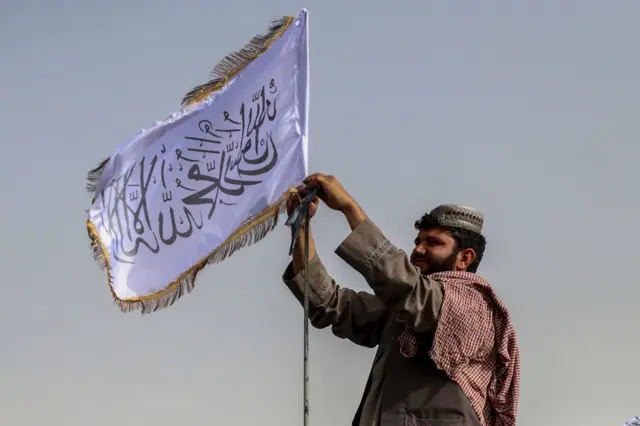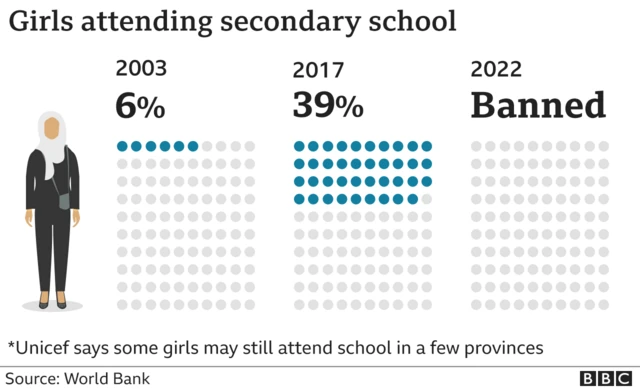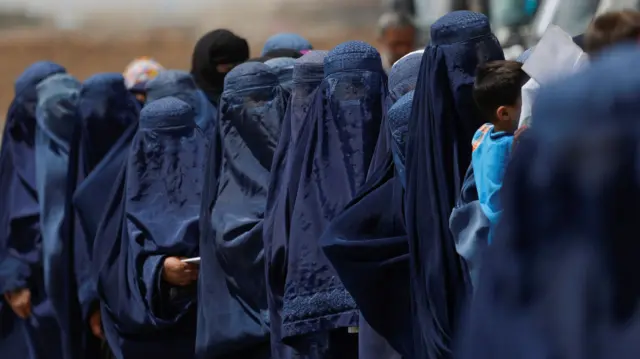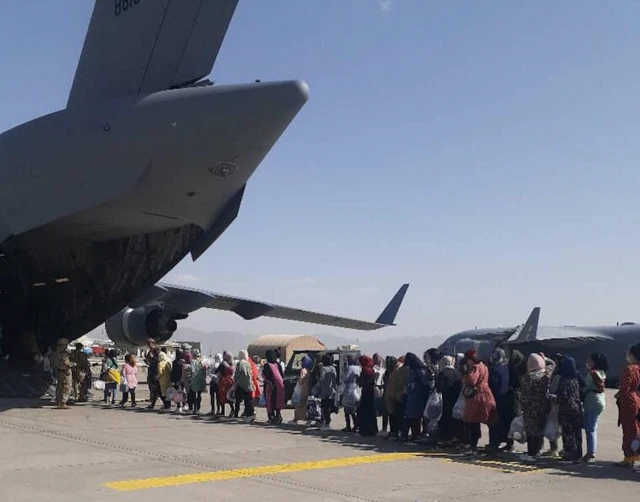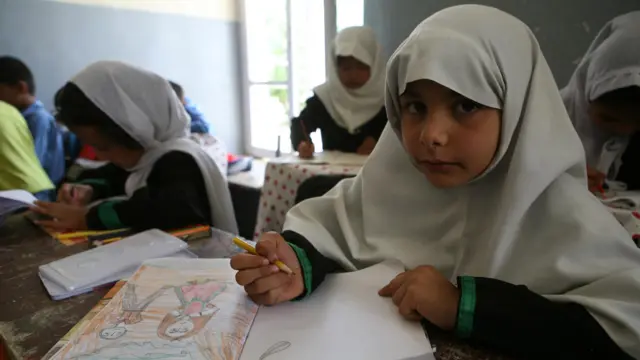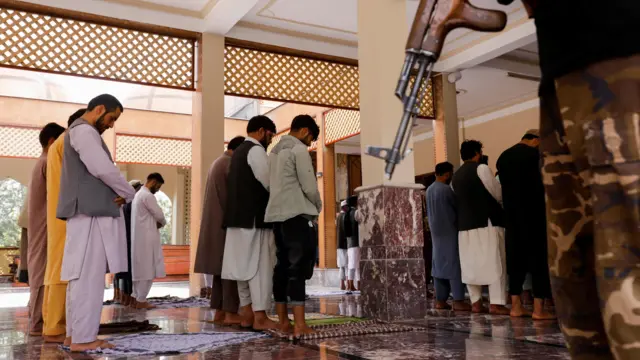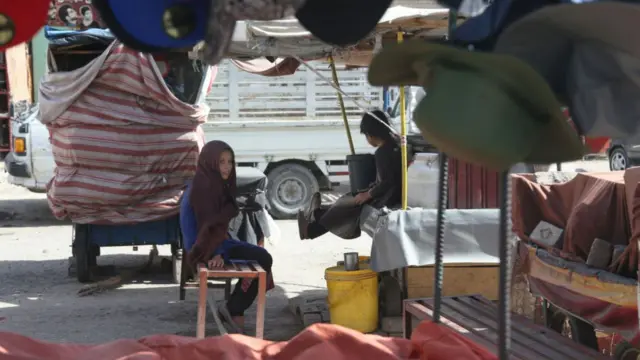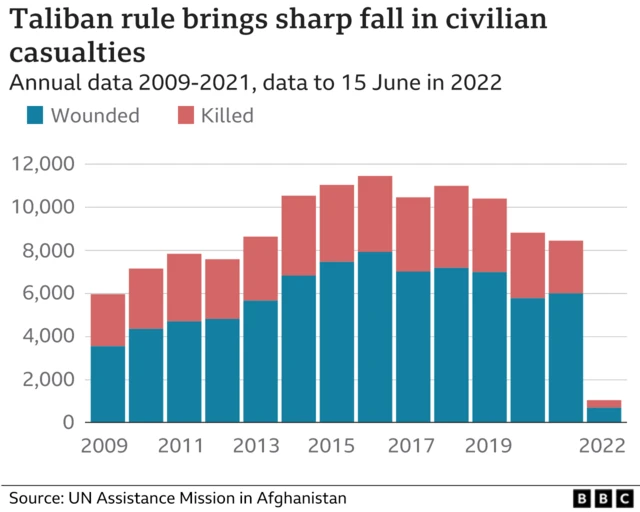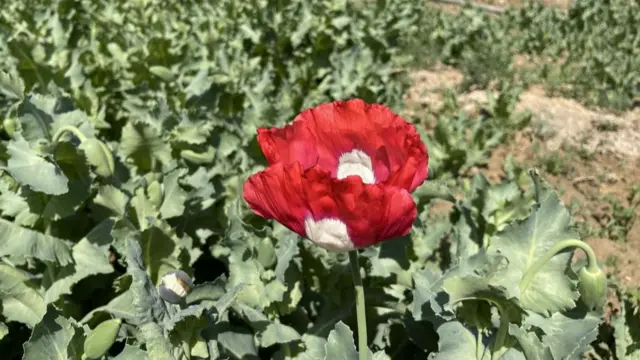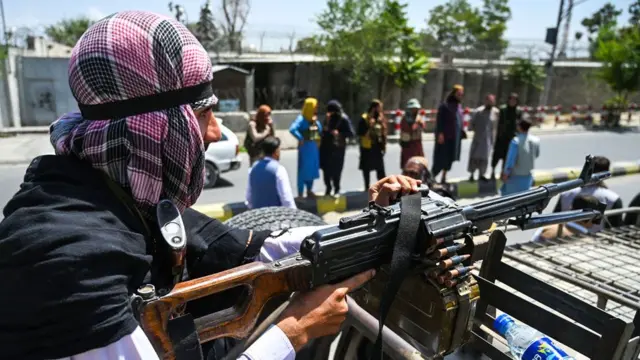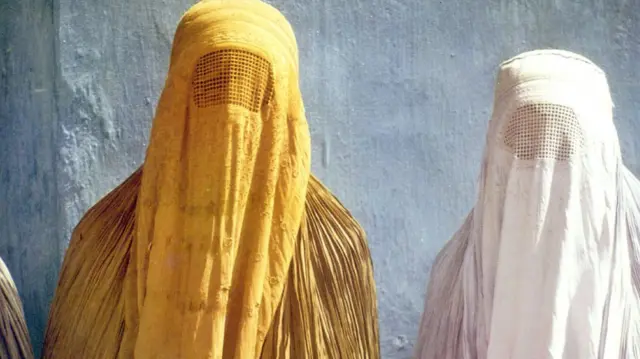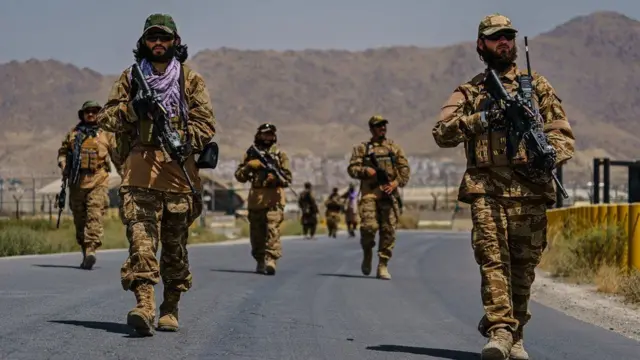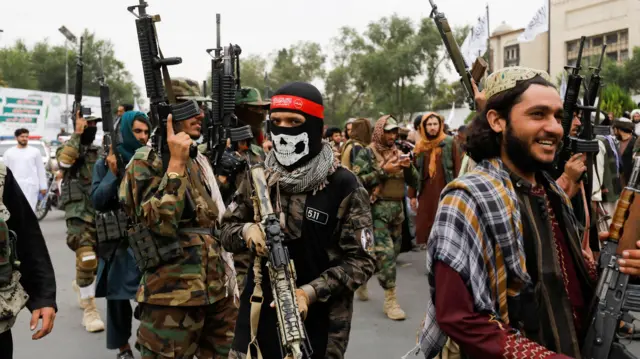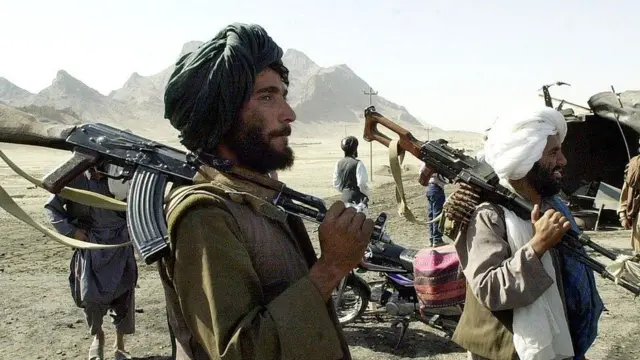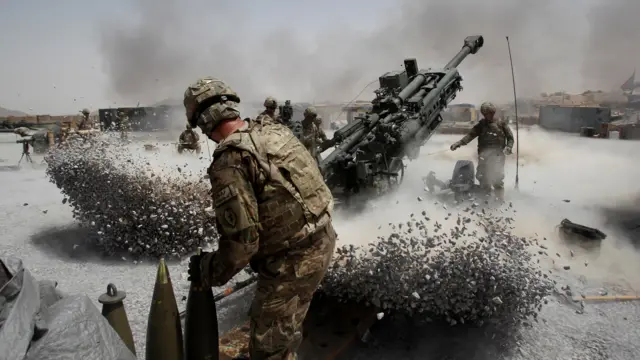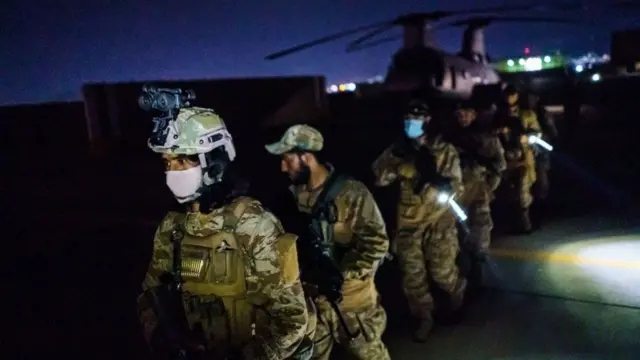
Why do the Taliban fear educated women?published at 17:05 BST 15 August 2022
 Yogita Limaye
Yogita Limaye
Reporting from Kabul
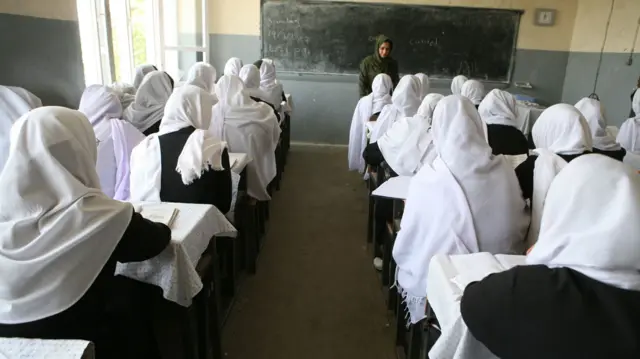
Brian in Calgary, Canada, asks: why do the Taliban have such a fear of educated women?
From our conversations with Taliban members, it’s quite clear that women’s education is a divisive topic even within the group. Some leaders have been quite overt in saying that girls need to be educated.
But one Taliban leader also told us that there are extremely hardline elements in Afghanistan, who even today disapprove of girls stepping out of their homes unescorted after they hit puberty.
A lot of the Taliban’s support comes from these ultra-conservative religious scholars and tribes, and the Taliban fear that any move that goes against these beliefs might push their supporters towards other groups like the Islamic State group, which could eventually lead to the Taliban losing their hold on power.
In a broader sense, while women’s rights are sometimes seen by outsiders as a secondary issue in Afghanistan, the reality is that they have been integral to the conflict that has plagued the country for decades.
The push and pull between Afghanistan’s more modern and conservative sides has for more than a hundred years always been centred around what women and girls can and cannot do.

